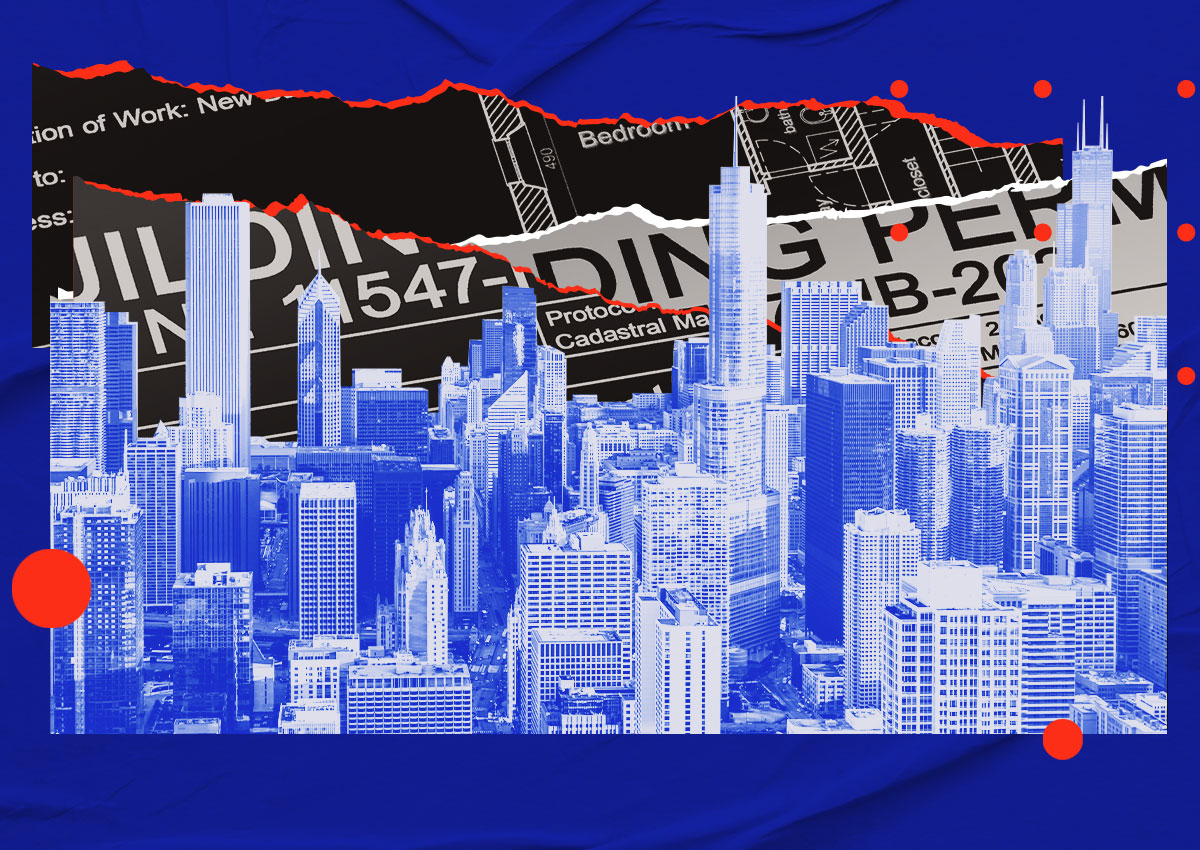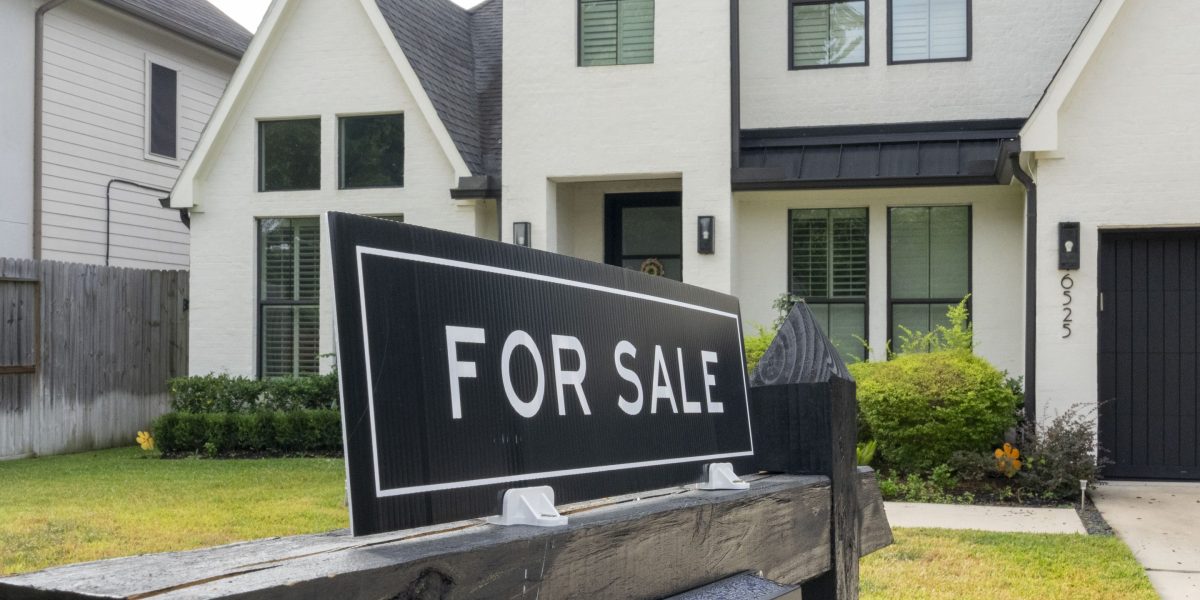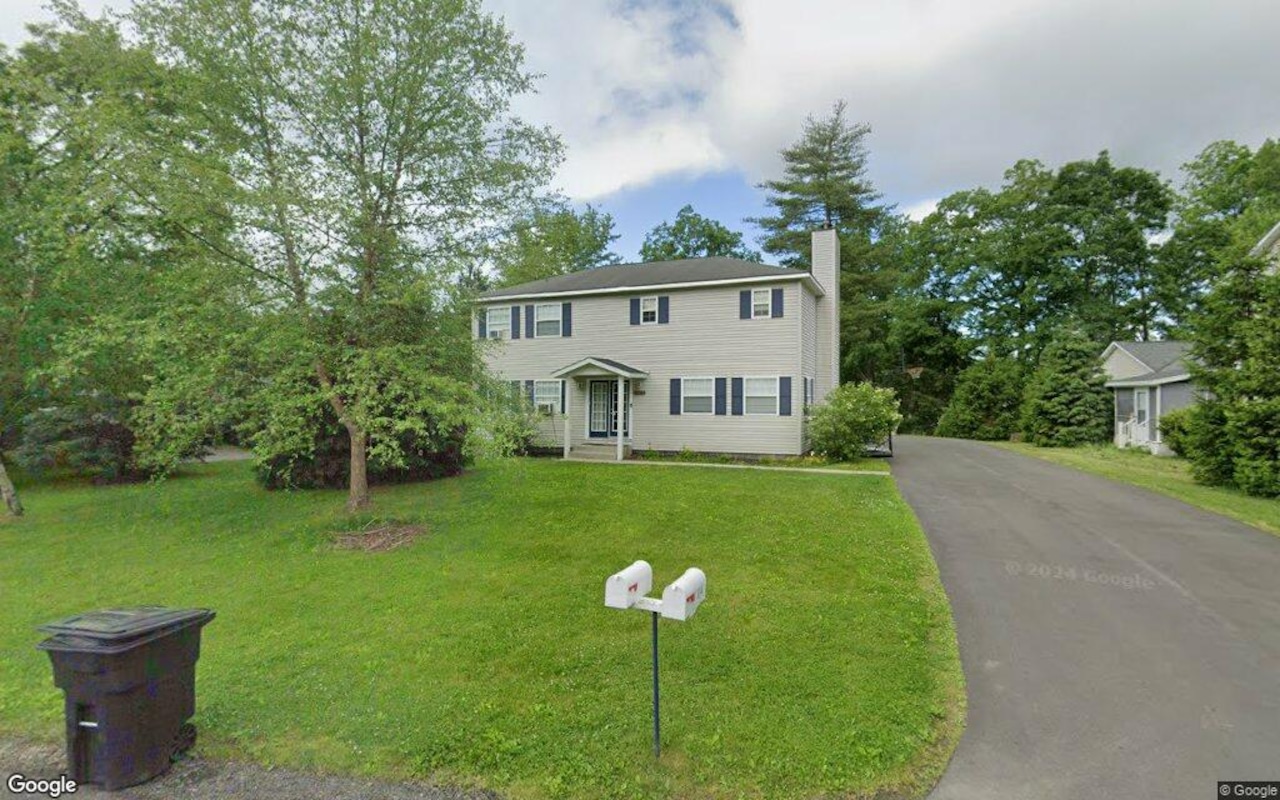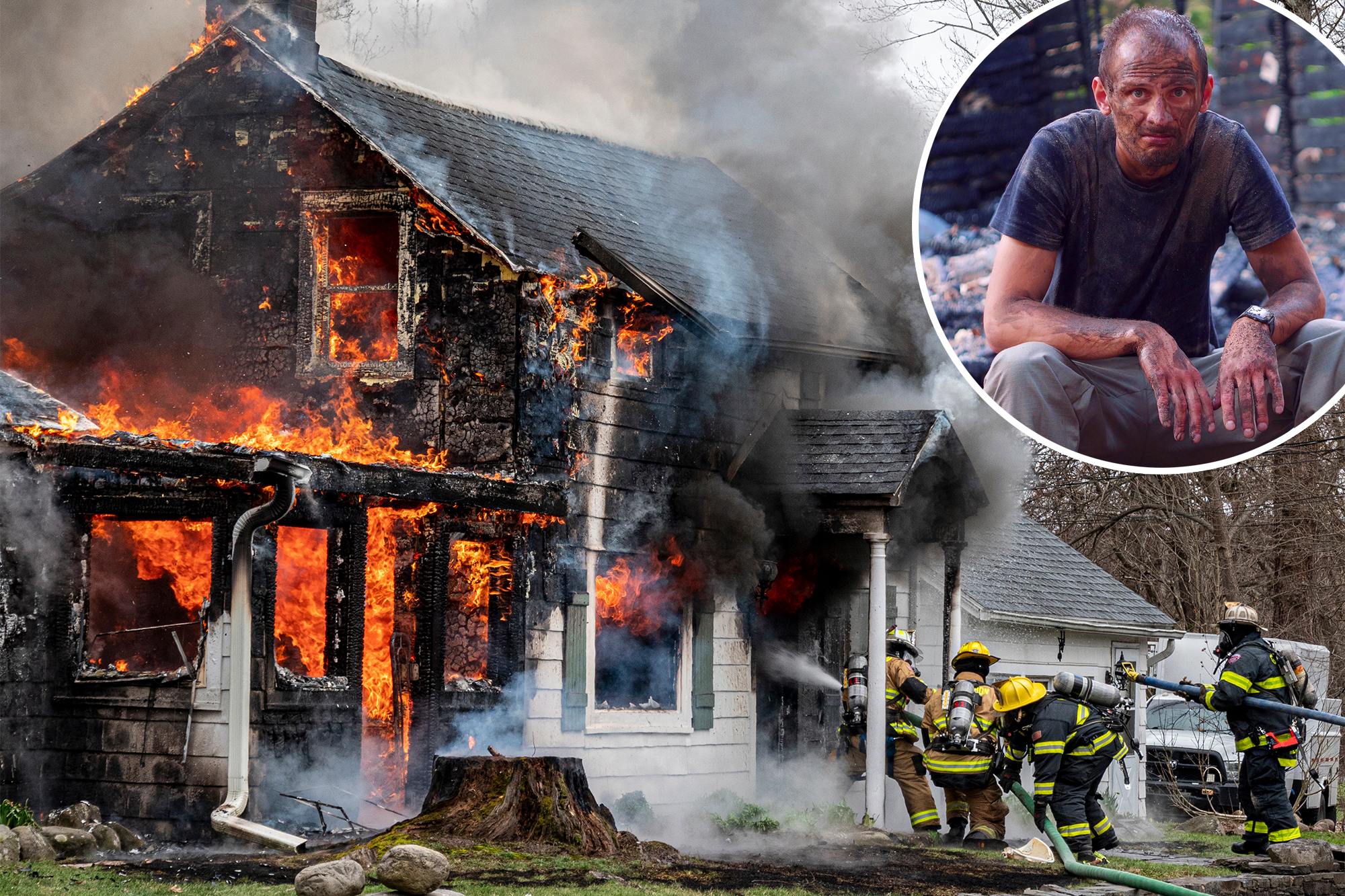A
recent study conducted by the Urban Institute has revealed a significant lack of diversity in Chicago's multifamily housing construction industry. The study found that less than a quarter of developers pursuing permits for projects with ten or more units are led or managed by people of color, despite these groups accounting for approximately two-thirds of the city's population. Only 17 percent of developers were headed by Black, Latino, or Asian leaders, which is concerning for city leadership as it hinders efforts to increase affordable housing supply.
The Urban Institute has proposed several recommendations to address this issue, including offering subsidized low-interest loans or grants to developers of color, conducting more outreach before issuing requests for proposals, and easing regulations that can delay or complicate development projects. These measures could help reduce barriers for smaller, minority-led firms that often lack the necessary resources and networks to navigate the complex regulatory landscape.
In response to these challenges, local leaders and organizations in Chicago are taking steps to better support developers of color. Recent initiatives by the city and state have shown an increased effort to support developers who reflect the community's diversity. Juan Saldana III and Phillip Beckham III of P3 Markets, a Chicago-based firm, observed a growing focus on promoting developers who reflect the community's diversity. They noted that City Hall has started giving feedback on development projects earlier in the process, which helps guide developers before they seek funding.
Mayor Brandon Johnson's administration has introduced the "Cut the Tape" report to simplify the licensing and permitting processes. Kenya Merritt, Chicago's deputy mayor of business and neighborhood development, emphasized the need for equal access to quality of life and conditions for all residents.
The mayor's plan to streamline development is moving forward, aimed at forging ahead with mixed-use development in Bronzeville. This development is expected to bring housing and retail to the area, further enhancing the city's growth and development efforts.
However, a recent study by TRD Insights revealed that gentrification is happening fastest in the least affordable cities. This trend highlights the need for continued efforts to address affordable housing shortages and promote inclusivity in real estate development.















